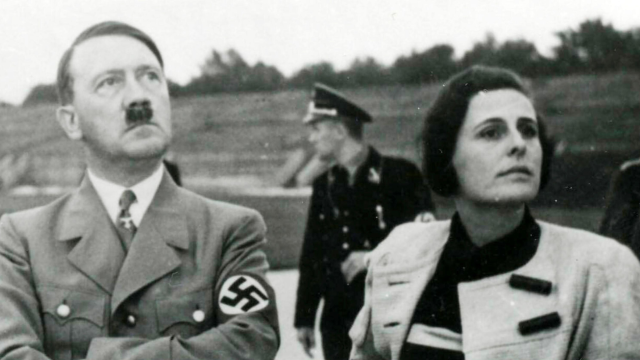
As a female film director working in the 1930s, Leni Riefenstahl “was ahead of her time and a technical innovator to boot”, said Hilary White in the Irish Independent. Yet she will be remembered as “a propagandist for the Nazi party”, responsible for films that lionised the regime and cemented Hitler’s image in the minds of the German people.
Despite the “indelible smear” attached to her name, Riefenstahl remained highly “visible” in postwar Germany, where – until her death in 2003 – she continued to peddle the old line that she was unaware of the atrocities of the Holocaust and had only been “following orders”. In this fascinating, nuanced documentary, writer-director Andres Veiel seeks “to put those excuses to bed”. Drawing on archive footage and postwar interviews, the film shows that Riefenstahl was “much closer to Hitler” – and far less naive – than she let it be known.
The documentary tells a “gripping and incrementally nauseating story”, said Peter Bradshaw in The Guardian, of a woman who first caught Hitler’s attention in 1932 when she appeared in “The Blue Light”, her own “Aryan romantic fantasy”. He was “entranced”, and commissioned her to make “The Triumph of the Will” – a vainglorious account of the Nuremberg Rally; and “Olympia”, her visually stunning film about the 1936 Berlin Olympics.
After the War, she made much of the fact that she was never a Nazi party member, yet she was of undeniable importance to the movement, and the film presents evidence that she was aware of its crimes: for one film, she used as extras dozens of Roma people from a nearby camp. None of this is conclusive, said Deborah Ross in The Spectator. Still, I’d bet on this: had Hitler won the War, she’d not have tried to distance herself from his regime at all.
Andres Veiel’s nuanced film examines whether the controversial film director was complicit in Nazi war crimes






